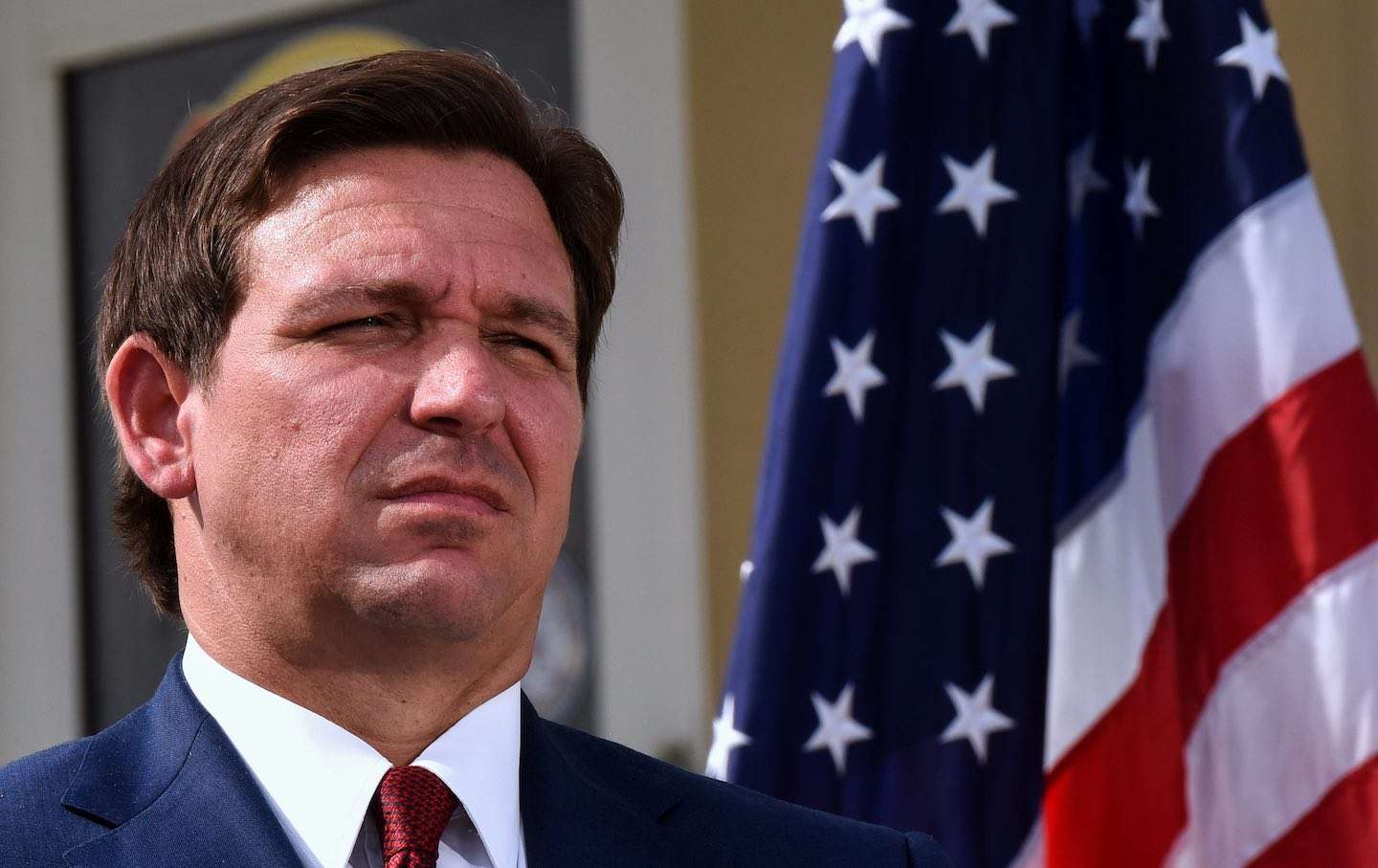For decades Florida had a law that was intended to give a moralizing nuance to the election of candidates for a higher official position that an official held. For example, if a councilor wanted to run for mayor, as soon as he made it public, he would have to resign. It was a law that applied to all public office. From councilors to federal senators.
Now that law is about to cease to exist.
In a gesture that immediately favors Republican Gov. Ron DeSantis, the Florida House of Representatives passed another bill that replaces the previous one. It is taken for granted that this Wednesday the state Senate will second the House because both instances are controlled by Republicans.
When DeSantis announces his run for president of the United States, he is not required to resign as governor of Florida. He will only have to do it if he is elected in next year’s presidential elections.
According to NBC television, citing four anonymous Republican sources, DeSantis could announce his candidacy on May 11 to counter the reference that former President Donald Trump is the favorite for the 2024 Republican nomination.
The Florida bill, which DeSantis himself is expected to sign soon, reignited the debate that has repeatedly divided lawmakers since the 2020 election. Republicans argue the state needs to continue revamping election laws to prevent wrongdoing. Democrats say the changes are designed to suppress voting.
“There is nothing more sacred than our vote, and in this state, when it comes to our elections, we want to be very clear: it should be easy to vote and hard to cheat,” said Rep. John Snyder, R-Stuart County.
But Democrats argue that there are no signs of cheating and that the new restrictions will only make it harder for those who need help to cast their ballots to vote.
“This bill is voter suppression through and through,” said Rep. Angie Nixon, D-Jacksonville.
















